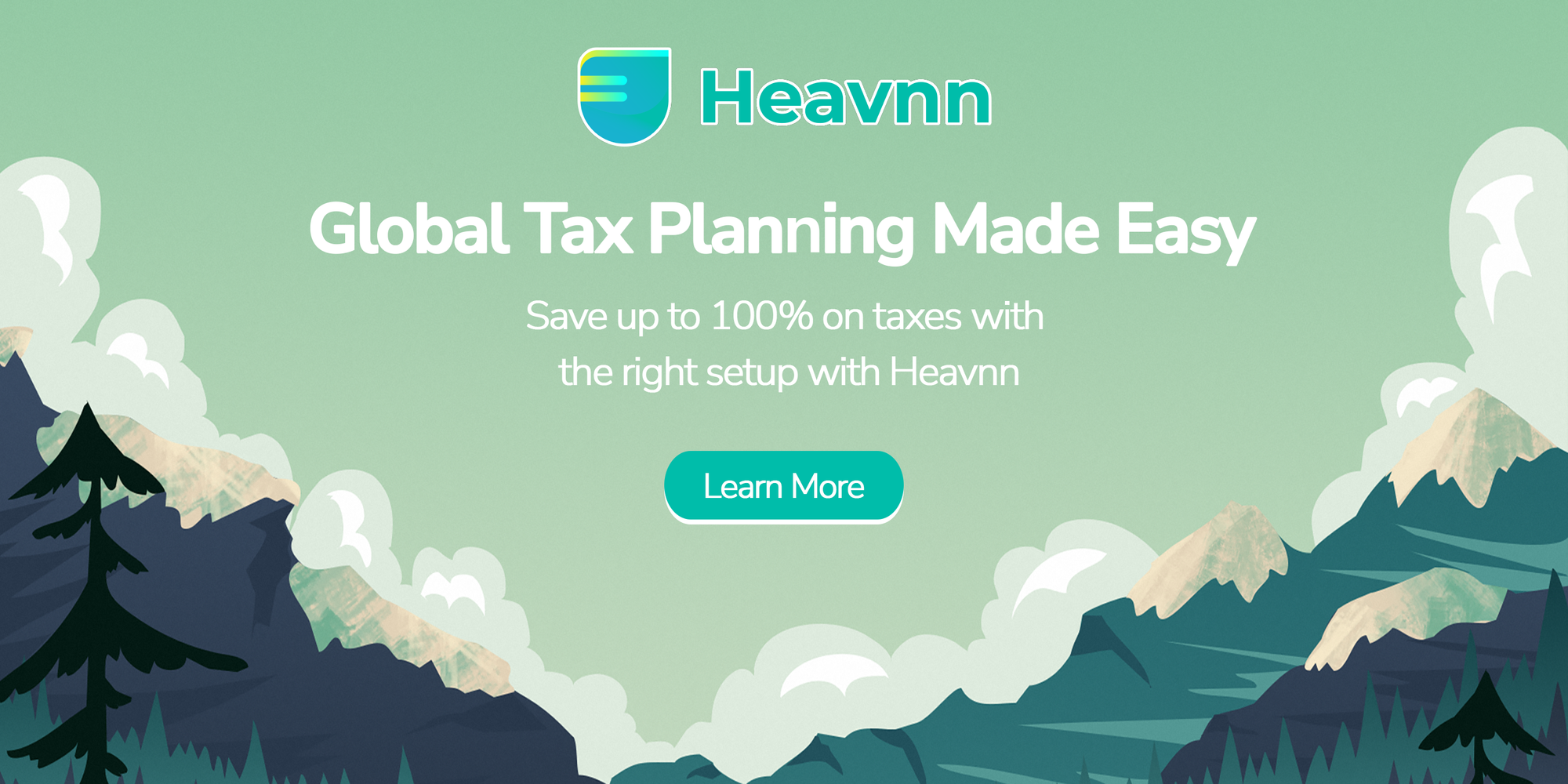Sweden welcomes expatriates and digital nomads with a range of tax incentives designed to attract skilled professionals and support remote work. These tax breaks offer financial advantages to individuals living and working in Sweden under these categories.
Eligibility Criteria
To qualify for expat tax breaks, individuals must meet the following criteria:
- Expatriates: Individuals who are not Swedish citizens or permanent residents but have been employed in Sweden for at least six months.
- Digital Nomads: Individuals who work remotely for non-Swedish companies while residing in Sweden.
Types of Tax Breaks
Expatriates and digital nomads in Sweden can benefit from the following tax breaks:
- 30% Rule: Expatriates employed in certain industries, such as research, development, and IT, may be eligible for a 30% tax reduction on their employment income.
- Deduction for Foreign Income: Expatriates can deduct foreign-sourced income from their Swedish taxable income, reducing their overall tax liability.
- Reduced Tax Rate for Digital Nomads: Digital nomads may qualify for a reduced tax rate of 15% on their foreign-sourced income, provided they meet certain conditions.

Application Process
To claim these tax breaks, expatriates and digital nomads must apply to the Swedish Tax Agency. The application process involves submitting documentation to prove eligibility, such as employment contracts, proof of residency, and financial statements. Deadlines for application submission vary depending on the specific tax break.
Legal References
The tax incentives for expatriates and digital nomads in Sweden are established through the following legal instruments:
- Income Tax Act (1999:1229): Outlines the general tax rules and regulations, including provisions for expatriates and digital nomads.
- Government Regulation on the 30% Rule (2001:1288): Specifies the eligibility criteria and application process for the 30% tax reduction.
- Government Regulation on the Deduction for Foreign Income (2001:1289): Provides details on the deduction for foreign-sourced income.
- Government Regulation on the Reduced Tax Rate for Digital Nomads (2022:1234): Establishes the reduced tax rate for digital nomads and outlines the qualifying conditions.
These tax policies aim to attract and retain skilled professionals and support the growth of the digital economy in Sweden. By offering tax incentives, the government seeks to make Sweden a more attractive destination for expatriates and digital nomads, fostering innovation and economic development.
If you need any other informational tax guides for other countries, feel free to browse our other articles below:

If navigating the complexities of Swedish tax regulations seems daunting, consider seeking professional guidance. Heavnn offers a seamless solution for your tax planning journey in Sweden.
Access Heavnn's blend of professional expertise and cutting-edge technology by clicking the button below.




